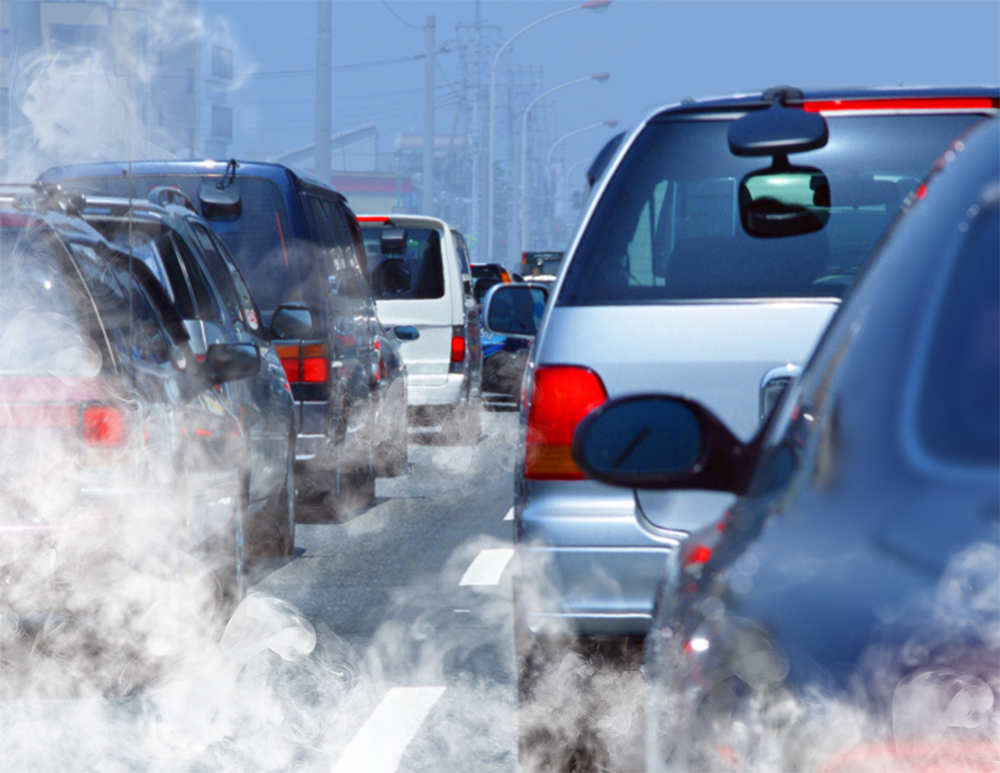Today is the last day to comment and ask for stronger vehicle emissions for a new proposed standard at EPA. EPA has to consider all public comments, and their standards have been here for decades and are settled in law and statute. They are a good way to get better health with less air pollution, and to fighte climate change since cars make greenhouse gases.
EPA comment page: https://www.regulations.gov/commenton/EPA-HQ-OAR-2021-0208-0116
Here is what Mothers & Others For Clean Air’s Dr. Anne Mellinger-Birdsong submitted for our comments on the proposed standard:
I am writing to urge EPA to make the strongest vehicle emissions standards possible. Vehicle emissions cause health problems and death, and are a major source of greenhouse gases. The world is already experiencing dramatic effects of climate change, and lower emissions can prevent it from getting worse.
Studies show that PM2.5 from fossil fuels cause 13.1% of all deaths in the U.S. Nitrogen oxides cause 1.6% of all deaths in the U.S. Vehicle emissions are also a major source of substrates for ozone formation, which also causes many deaths in the U.S. Every death is preceded by illness and suffering, too many trips to medical offices, and too many admissions into a hospital. From lung disease, to heart conditions, strokes, cancer, dementia, and many other illnesses, air pollution is horrendous for human health. Significant reductions in vehicle emissions would save many lives and prevent much suffering.
Air pollution also causes low birthweight, preterm birth, it affects children’s performance in school, and causes increased needs for mental health care.
Here in the Southeast, air pollution has been shown to increase admissions for dementia, and in Atlanta we know that reducing air pollution prevented many episodes of asthma, congestive heart failure, and other heart and lung conditions.
Because air pollution has such a dire effect on health, the World Health Organization recently strengthened standards for all air pollutants, lowering the standard for annual PM2.5 from 35µg/m3 to 5µg/m3, and lowering the standard for nitrogen oxides from 40µg/m3 to 10µg/m3. Reducing vehicle emissions significantly would help meet these standards.
Studies show that reducing air pollution will yield major health improvements within the first year.
In addition, the most recent IPCC report declared that climate change is a Code Red for humanity. We need major action in reducing greenhouse gases, immediately. The U.S. is already seeing major effects of climate change, including heatwaves, intense hurricanes, wildfires, flooding, and more. There is no time to delay, it’s a health emergency. Reducing vehicle emissions will have a rapid and sustained reduction in greenhouse gases, and will keep climate change from being so harmful.
I urge the EPA to require significant reductions in vehicle emissions as soon as possible.
- Lancet Planet Health 2020; 4: e557–65 doi:10.1016/S2542-5196(20)30227-8
- Circulation. 2021;143:1584–1596. doi:10.1161/CIRCULATIONAHA.120.050252
- Environmental Research 2021; 195:110754 doi:10.1016/j.envres.2021.110754
- https://www.who.int/news/item/22-09-2021-new-who-global-air-quality-guidelines-aim-to-save-millions-of-lives-from-air-pollution
World Health Organization. (2021). WHO global air quality guidelines: particulate matter (PM2.5 and PM10), ozone, nitrogen dioxide, sulfur dioxide and carbon monoxide. World Health Organization. https://apps.who.int/iris/handle/10665/345329. License: CC BY-NC-SA 3.0 IGO - Mendoza et al 2020 Environ. Res. Lett. 15 114052
- Int. J. Environ. Res. Public Health 2020, 17, 6931; doi:10.3390/ijerph17186931
- Ann Am Thorac Soc 2019: 16(12):-1478–1487 doi:10.1513/AnnalsATS.201912-910LE
- BMJ 2021;372:n534 doi:10.1136/bmj.n534
- Russell, et al. https://www.healtheffects.org/system/files/RussellRR195_0.pdf
- Lee, et al. Long-term effect of fine particulate matter on hospitalization with dementia. https://doi.org/10.1016/j.envpol.2019.07.094
- Yazdi, et al. Long-term exposure to PM2.5 and ozone and hospital admissions of Medicare participants in the Southeast USA. https://doi.org/10.1016/j.envint.2019.05.073
09/27/2021





